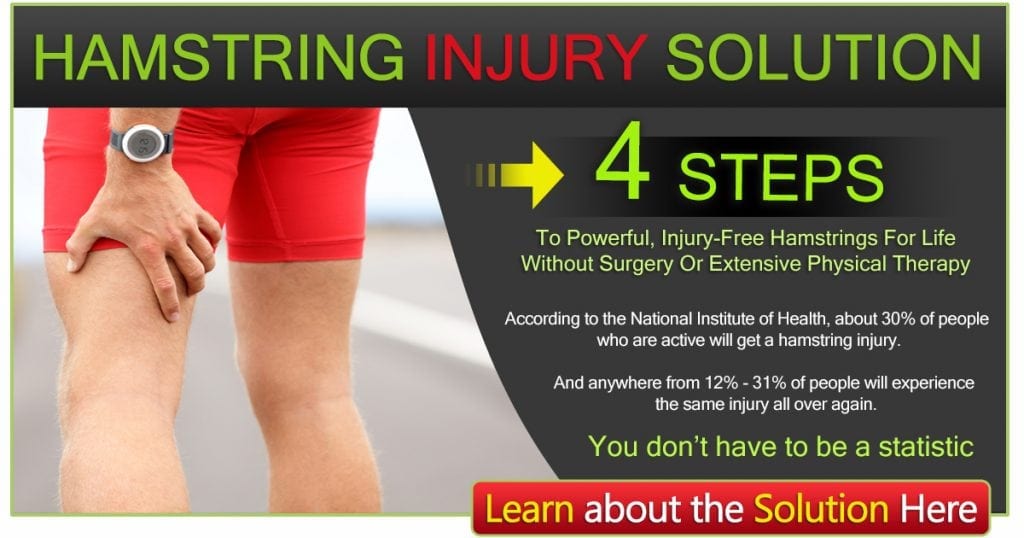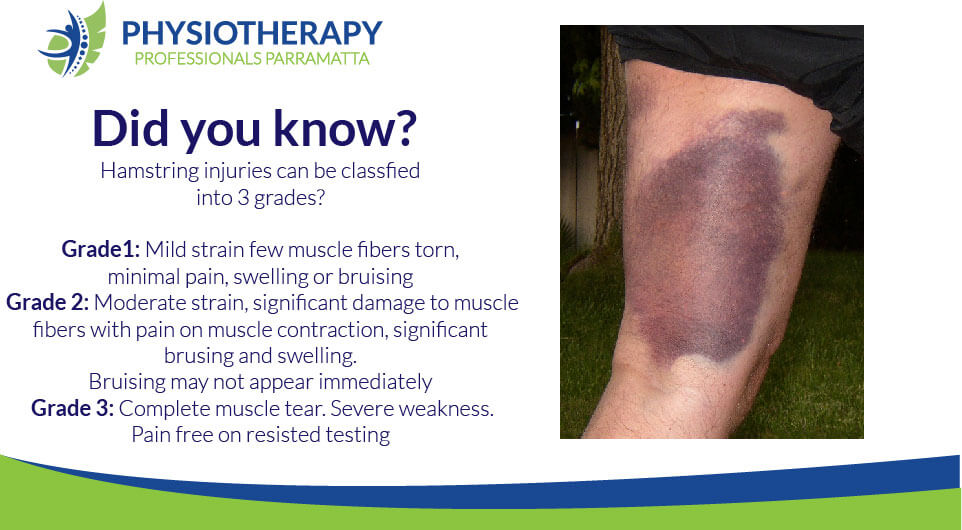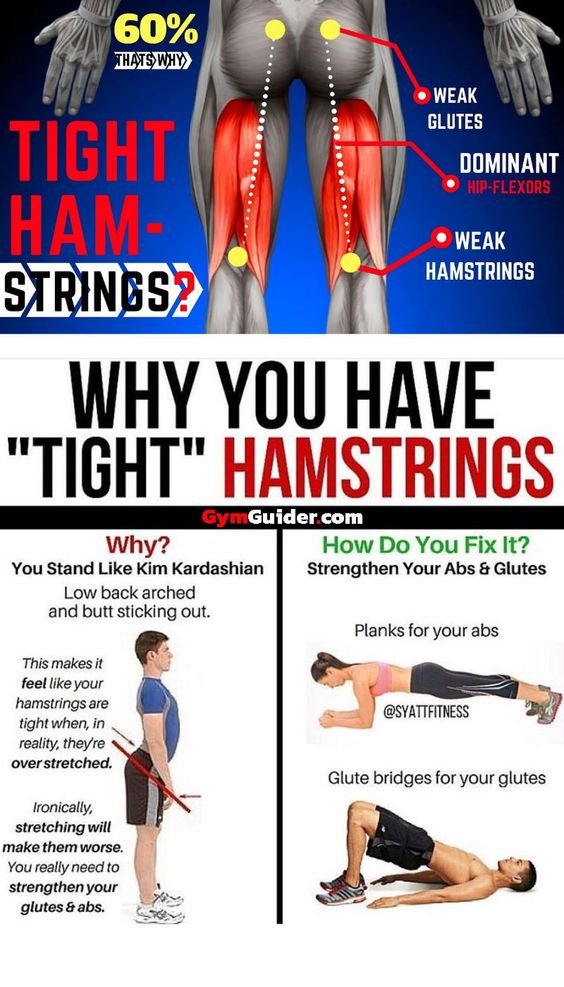Great Info About How To Treat Hamstring Pull

You can utilize a common ace wrap.
How to treat hamstring pull. A pulled hamstring usually only takes a few days to a week to heal, and you can typically treat it at home. The goal of these exercises is typically to strengthen the hamstring. Stretching should be gentle and not painful.
Apply ice packs several times a day to relieve pain and reduce swelling. A quick recap on the anatomy and mechanism of a pulled hamstring. Take a break from strenuous activities to allow the injury to heal.
Rest, often with crutches, to avoid placing any weight on the leg ice applied to the injury, using a cold compress, to reduce pain and inflammation compression with a compression bandage to reduce swelling,. Strengthening your hamstrings is one way to protect against hamstring strain. Tips for preventing hamstring tendon pain include:
The surgeon will repair the muscles and reattach them. Rest your hamstring tendons between periods of physical activity. Individuals with poor circulation or impaired sensation should take particular care when icing.
Treatment includes rest, ice, compression, elevation and gentle stretching that leads to easy exercises. Hamstring injuries are treated by primary care physicians, including family medicine and general medicine doctors, as well as internists. Try performing hamstring curls by lying on your back and lifting your ankle with ankle weights on, eventually progressing to seated hamstring curls, then standing hamstring curls.
Physiatrists also can care for hamstring injuries. How to treat a pulled hamstring. Athletic trainer travis nolan shares how to determine when you should seek help, why it is essential to do the proper stretching and physical therapy, and how long it takes for hamstring strains to heal.
Mild hamstring strains (grade 1) will usually cause sudden pain and tenderness at the back of your thigh. Preventing a pulled hamstring injury comes down to the conditioning of the hamstring muscles and tendons, which ultimately involves improving both the strength and flexibility of the hamstring muscles and tendons (and the surrounding muscle groups). Athletes and others who frequently sprint, climb, jump or lunge are at a higher risk of a painful hamstring injury.
Fortunately, there are a few exercises that can help with this as well. Strains are initially treated with rest, ice, compression, and elevation (known as rice). These bundles are held together by a thin layer of fascia (that white, sinewy stuff in meat).
Stretching stretching can begin soon after the injury, but must not be done aggressively or the stretching may exacerbate the injury. Overview a hamstring injury involves straining or pulling one of the hamstring muscles — the group of three muscles that run along the back of the thigh. A health care provider might suggest the following:
How do i know if i've injured my hamstring? Hamstring injuries often occur in people who play sports that involves sprinting with sudden stops and starts. A bag of frozen peas can be ideal.


















